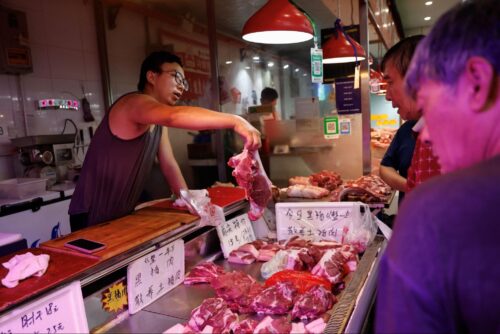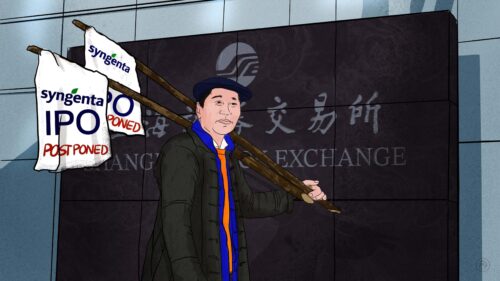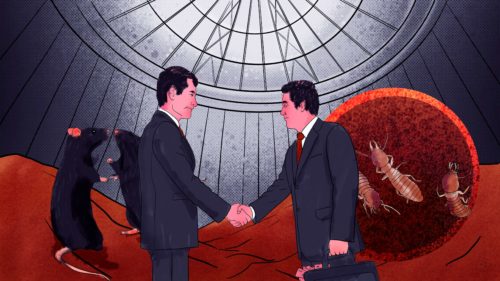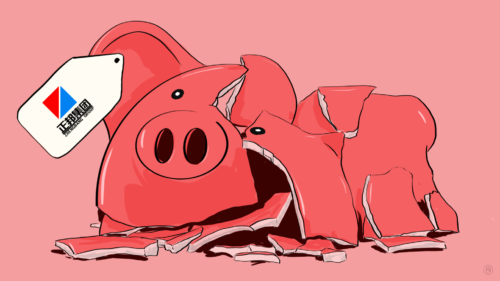Chinese authorities take aim at binge-eating livestreamers as food prices spike
Chinese state media are urging people to reject food waste, and singling out a binge-eating internet phenomenon, known internationally as mukbang, for criticism. The campaign comes after food prices in China rose 13.2% year-on-year in July.
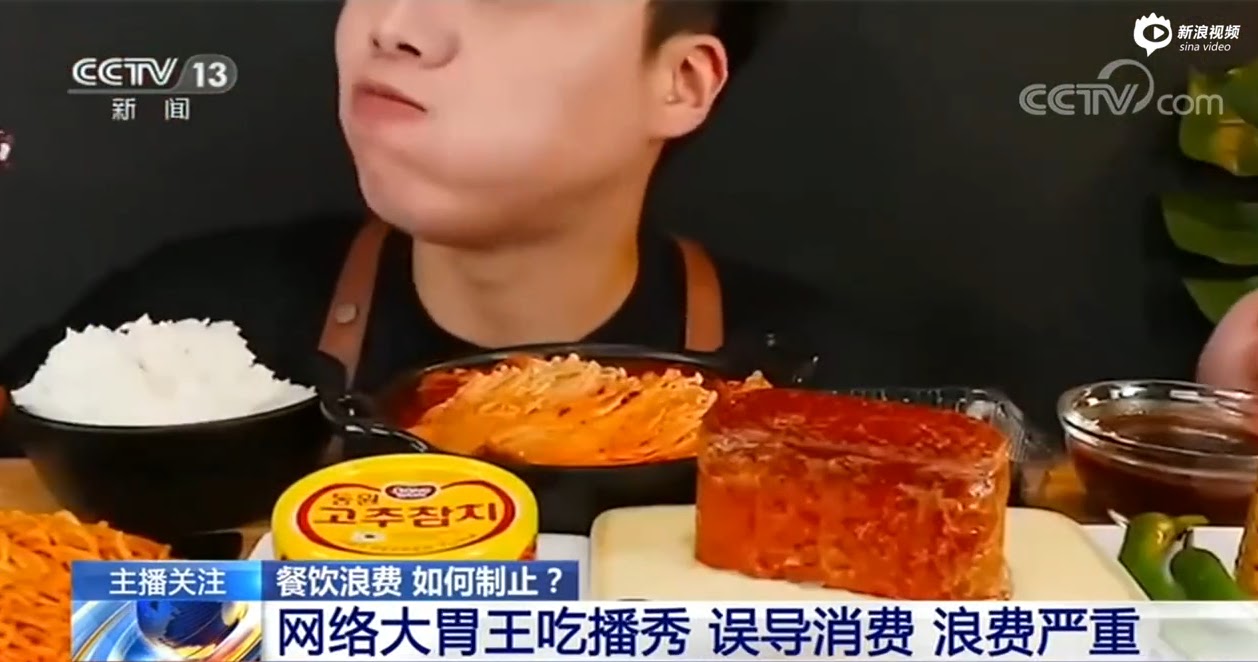
“Koreans have an insatiable appetite for watching strangers binge eat,” NPR reported in 2015. At the time, there were already an estimated 3,000 Korean livestreamers specializing in what became known as mukbang, or roughly, eatcast.
The trend has taken off in China, where it is known as chibo (吃播 chībō, “eating broadcast”).
- The genre of livestreaming has also achieved global popularity, and attracts viewers for a variety of reasons: For some, having a semi-professional eater on screen avoids the loneliness of a meal by oneself; others apparently just enjoy the sounds of slurping and chewing and want more of it.
- In Korea, and also in China — judging by posts like this Douban discussion (in Chinese) — a commonly cited reason is also that some viewers are on a diet, and watching someone binge eat can help them vicariously satisfy their hunger.
- The top chibo hosts reportedly earn hundreds of thousands of dollars.
But the government is not impressed.
- “China Central Television criticizes the serious food waste of so-called ‘big stomach champion’ chibo,” a trending tag on Weibo (in Chinese) right now, has attracted over 900 million views.
- The CCTV post (in Chinese) that started the hashtag cites United Nations statistics about world hunger — “one out of nine people go hungry” — to urge people to “reject waste.”
Food prices rose 13.2% year-on-year in July according to Caixin, and the COVID-19 pandemic is a reason to be extra cautious about food security right now.
- But the criticism of chibo is part of a wider campaign against food waste, started as “Operation Empty Plate” (光盘行动 guāng pán xíngdòng) in 2013 by President Xí Jìnpíng 习近平, and recently revived by Xi in remarks on August 11 (in Chinese).
- He is paraphrased as saying in state media, “The food waste phenomenon shocks the eye and is distressing!”
Private companies are also rushing to reinforce the government line on food waste. Douyin, the Chinese branch of ByteDance’s TikTok app, said it would urge users searching for chibo to “reject waste and eat reasonably,” per Reuters. Livestreaming platform Douyu, meanwhile, said (in Chinese) on August 12 that it would “strengthen internal review procedures” and “put an end to food waste behavior.”
One Chinese city has taken a more direct approach to addressing food waste, rather than shaming a small segment of internet hobbyists. The Wuhan Catering Industry Association sent a letter advising restaurants to “promote the N-1 model,” Sixth Tone reports, meaning only allowing diners to order up to one fewer dish than the total number of people in their group.


